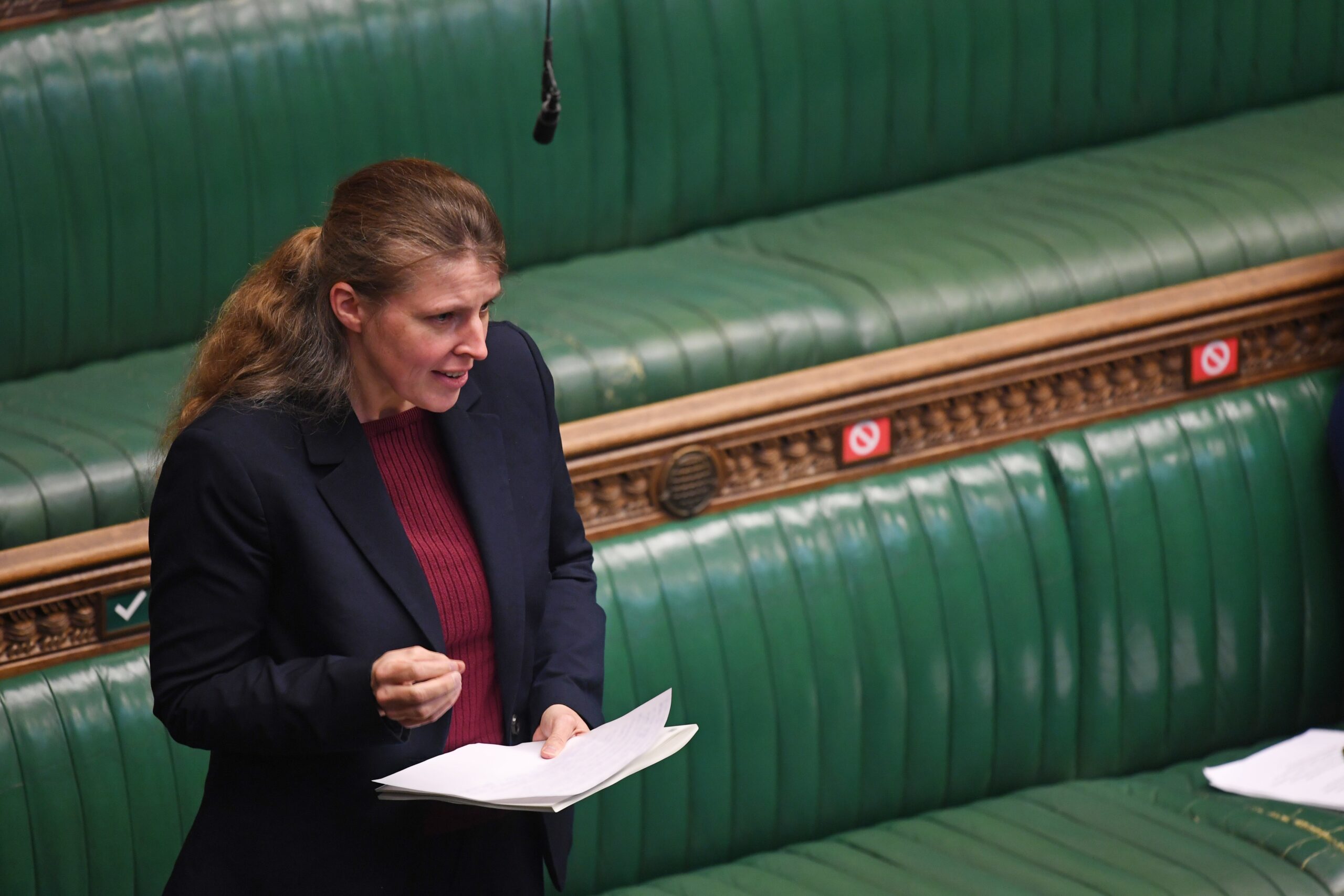Rachel Reeves has indicated further cuts to welfare are likely under this Labour government as she looks ahead to her second autumn Budget.
The chancellor has indicated that more tax rises and spending cuts can be expected at the fiscal event, as analysis from the respected Institute for Fiscal Studies (IFS) finds that the Treasury will need to find at least £22bn to tackle weak economic growth.
Asked about changes to the benefit system on Channel 4 News, the chancellor said: “We can’t leave welfare untouched,” adding: “We can’t get to the end of this parliamentary session and I’ve basically done nothing … We have to do reform in the right way and take people with us.”
The government was forced to abandon £4bn in proposed cuts to disability benefits in July after Labour MPs mounted a backbench rebellion against the plans.
While some changes to Universal Credit are still set to come into effect in April, these are unlikely to yield any major savings.

This means Ms Reeves may opt to announce further changes to the welfare system at the Budget on 26 November, as she looks to raise funds for the exchequer.
The government is also expected to publish its Pathways to Work white paper in the autumn, building on some of the other measures outlined in its controversial green paper – which first put forward the cuts – in March.
Here are some options that Labour may be considering for this Budget or beyond:
Cutting Motability
Ahead of the Budget, it emerged that the chancellor is reportedly planning to save £1bn by restricting disabled people’s access to cars through the Motability scheme.
This is the government-backed programme that enables people with serious disabilities to get a car by using a portion of their benefits to pay for a lease. It is open to people who claim a qualifying mobility allowance, most commonly through the Personal Independence Payment (PIP).
The scheme provides cars to around 815,000 users, including around 40,000 luxury vehicles.
Whitehall sources have indicated that changes to eligibility for the scheme are unlikely, but that scrapping VAT and insurance premium tax exemptions was possible. Another change under consideration is scrapping luxury brands, which make up five per cent of Motability cars.
Disability charities have reacted negatively to the proposals. James Taylor, the director of strategy at the charity Scope, said it could “heap extra costs on to disabled people all over Britain”.
Universal Credit health age restrictions
In its Pathways to Work green paper, the government said it was consulting on an increase to the minimum age for those who are eligible for extra Universal Credit payments, if their health condition or disability limits their ability to work.
The consultation will suggest that only people aged over 22 will be able to apply for this “health top-up” in a move to encourage young people back into work.

Former work and pensions secretary Liz Kendall said that the measure was intended to prevent under-22s from missing out on employment, in tandem with Labour’s focus on “breaking down the barriers to opportunity” for young people.
The savings from this will be “reinvested into work support and training opportunities” for young people, according to the paper.
Over 110,000 young people aged 18- to 21-years-old were claiming the health element of Universal Credit in June, according to the most recent government data.
Disability benefit assessment overhaul
Changes to disability benefit assessments are still set to come into force as the government pushes ahead with a plan which will shave £5 billion from the welfare bill by 2028-2029.
Labour has confirmed that it will continue with proposals announced by the previous Conservative administration in 2023 to reform the Work Capability Assessment, with the qualifying criteria being significantly overhauled.
This is the assessment that decides if an applicant can receive the health-related element of Universal Credit, and if they need to search for work. According to research from the Office for Budget Responsibility, the changes will mean around 450,000 fewer people will be considered to have limited capability for work.
Instead of the Work Capability Assessment, all claimants will instead be assessed through the current PIP assessment. This has led to criticism from politicians and campaigners, as the rejection rate for the PIP assessment – which is outsourced to private companies – has been higher in recent years.

Suspended Labour MP Rachael Maskell, a leader of the rebellion against Labour’s welfare cuts in July, said: “Disabled people should only need to attend one assessment to ascertain the level of social security they receive.”
She told The Big Issue earlier this month: “However, abolishing the Work Capability Assessment without ensuring that the assessment for PIP has a wider and more inclusive assessment process for the health element of universal credit, this could result in people receiving no support.”
PIP review
During its damaging climbdown over changes to health-related benefits, the government announced it would launch a review of PIP spearheaded by veteran Labour MP Sir Stephen Timms.
Currently claimed by 3.7 million people, PIP is designed to help with extra costs incurred by living with an illness or disability. Labour’s proposals to tweak the assessment criteria for the benefit, which would effectively make it harder to claim, were met with fierce opposition from campaign groups and charities.
Sir Stephen said that the review is “not intended to deliver cuts”, but that it “will certainly have to operate within the current projections for what spending is going to be”.
The review is not set to conclude until autumn 2026, meaning the changes it recommends will not affect claimants in the meantime. The government has confirmed it will contain a “comprehensive” review of the PIP assessment.
Alongside the upcoming white paper, this could mean more major changes to disability benefits in the coming years.
